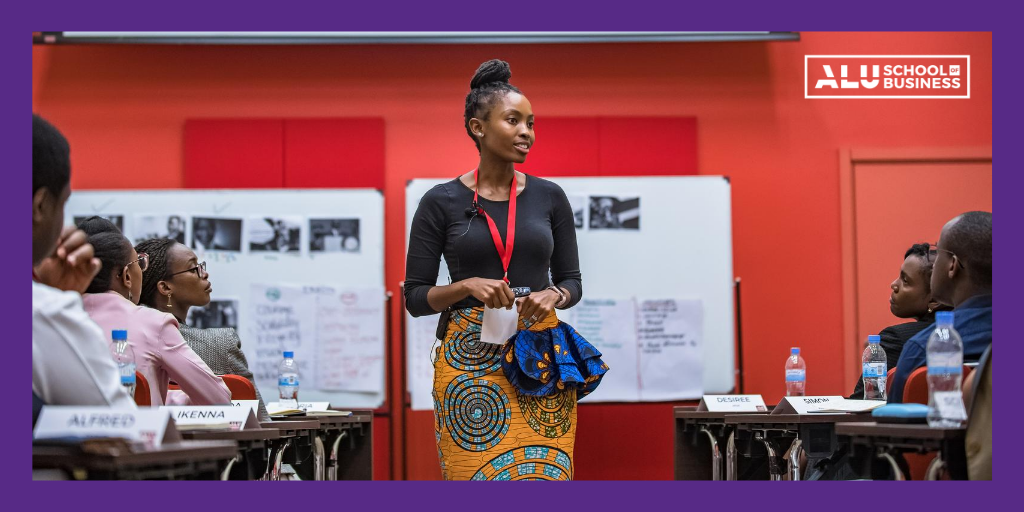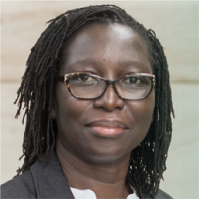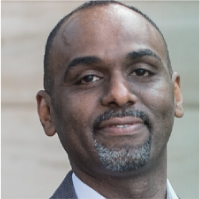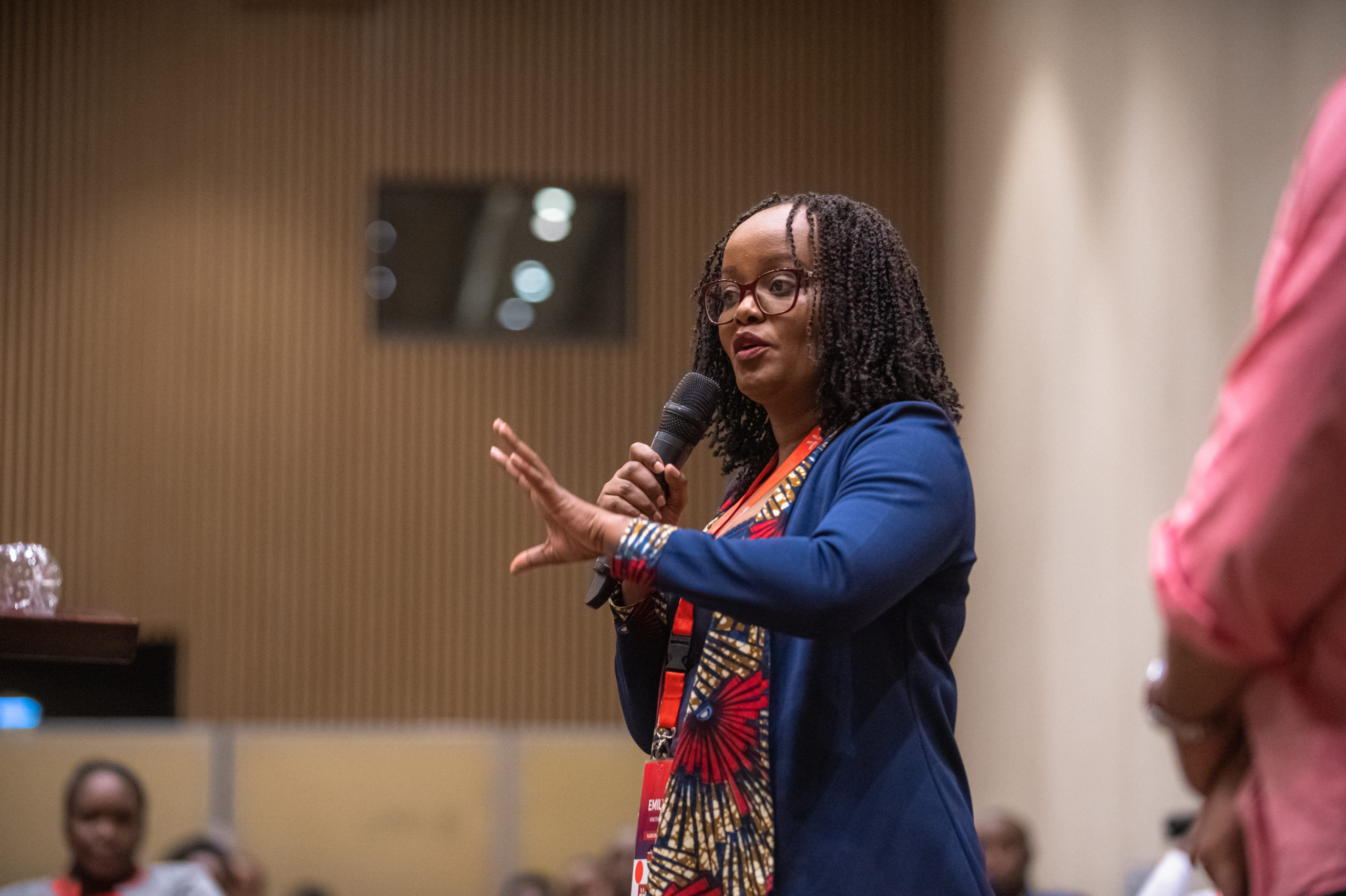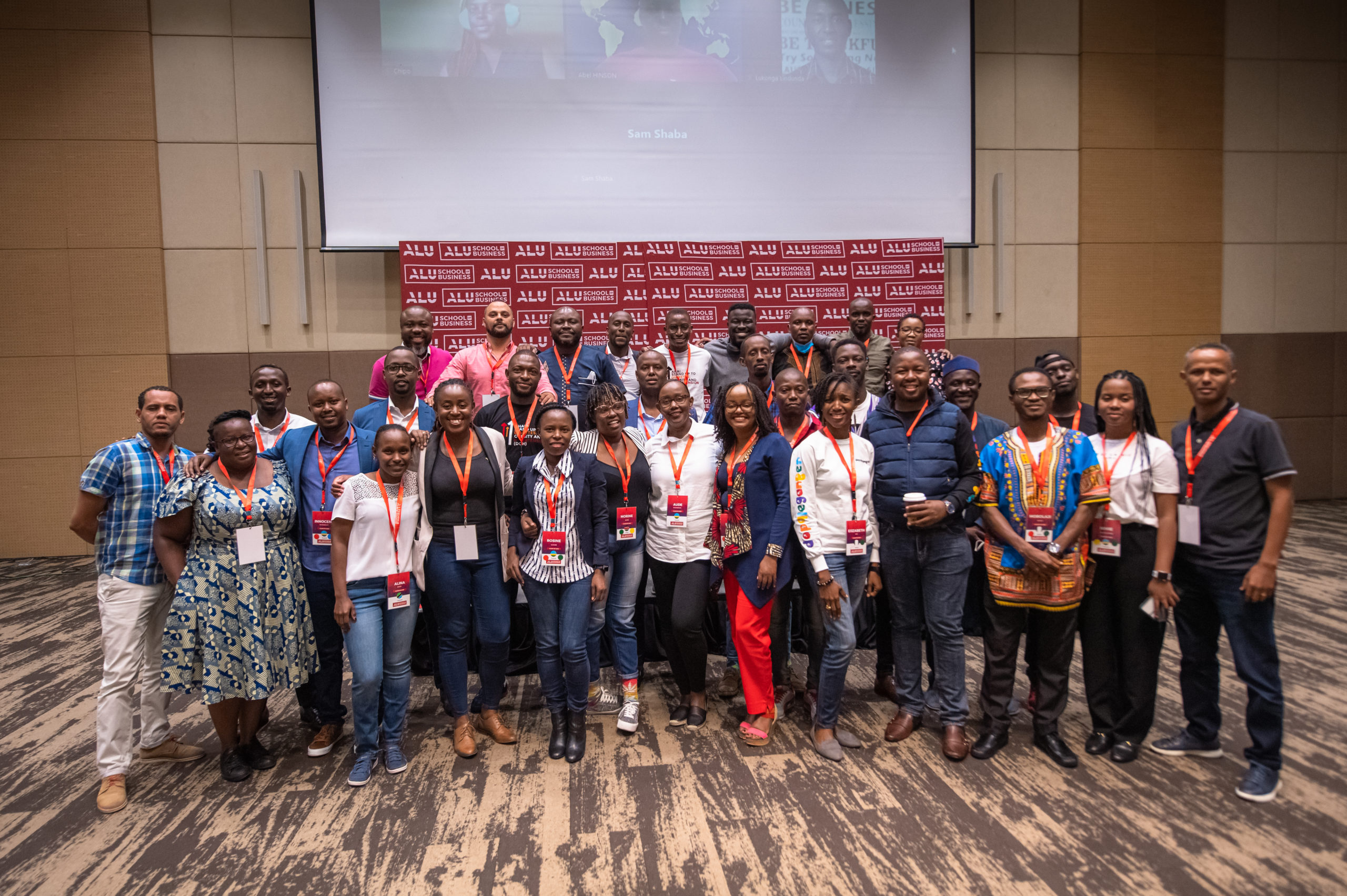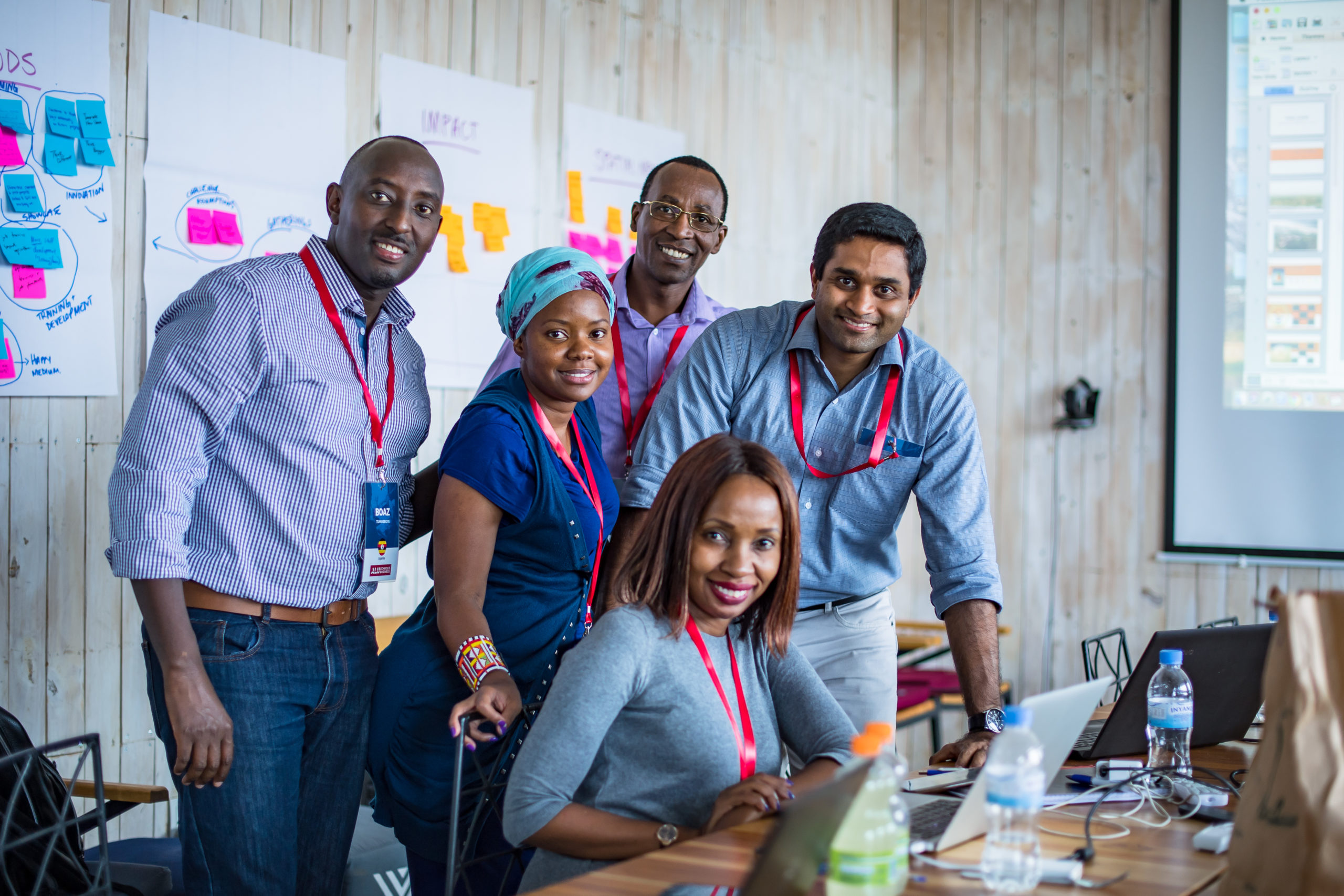The education sector has been profoundly affected by the COVID-19 pandemic. While many of us understand what this period has been from a student’s perspective, we have not heard much about experiences from educators. In this article, Dr Zukiswa Mthimunye, Head of Leadership at ALU School of Business, shares how she navigated these uncertain times.
Dr Zukiswa Mthimunye’s interest in education was sparked after receiving an opportunity to teach. Since then, she’s been motivated to ensure that access to quality education is not a matter of being in the right place at the right time, but rather something that everyone can access at all times. After eight years in the corporate world, Zuki delved into the education sector which led her to ALUSB, where she currently heads our flagship leadership course.
Q: How has COVID-19 impacted your work as an educator?
“This is an exciting era if we take this as an opportunity.”
A: Part of the work I do is in corporate training and development. As different companies made budget cuts and other financial changes to accommodate the new circumstances, I wound up losing a lot of business in the corporate sector. Additionally, the education sector in Africa heavily relies on private funding, and during this pandemic, this has been a significant setback. On the other hand, this has been an exciting time as an educator mainly because online learning has become a necessity and COVID-19 has resulted in fast-tracking of online learning which I believe is a way to make quality education accessible to more people. This is an exciting era if we take this as an opportunity.
Q: What are some of the challenges you have faced in the transition to online learning, and how have you overcome them?
A: Luckily when it comes to online learning ALUSB has been miles ahead in comparison to other institutions on the continent. I realised if I am going to create meaningful learning experiences virtually I needed to invest in quality. I, therefore, got a home studio with equipment to ensure high quality of lighting, video and audio. Additionally, I realised it takes longer to prepare learning content because we have to pay attention to every second of online time as we try to create virtual learning environments that can break the impersonal barriers.
Q: What are the benefits of online learning/teaching?
A: First, virtual learning has the potential to provide more people with access to education. Learning virtually reduces the burden of living and transport costs which are currently barriers to people’s access to education.
Secondly, online learning allows one to learn at their own pace rather than a fixed schedule. Online learning allows you to take charge of your learning experience and fit it into other aspects of your life.
Thirdly, it has opened up space for more diversity in the classrooms as people from different organisations and regions can get to the same learning space and learn from each other.
Q: What is your prediction for the education industry post-COVID-19?
“The first and most significant step is to adapt.”
A: I do not believe there is a universal future of education, and therefore the future of education in Sub-Saharan Africa will depend on where one is. In its mould education may not change as some levels of education require more contact education to benefit socially, psychologically and cognitively. Moreover, rural areas may also continue to have in-person learning due to lack of the infrastructure to support online learning. People in urban communities are likely to have more virtual learning experiences if barriers such as internet costs reduce.
In addition to that, I believe online learning could possibly become more cost-effective if we can work on access to quality internet at lower costs. The future of education post-COVID centres on participation by the private sector. The leading players, in this case, would be the telecommunications sector and financial services.
Finally, Zuki shared some tips on how educators can make the most out of online teaching. She adds that these tips are applicable to people without a professional background in education who due to the current global crisis needed to play the role of educators.
- The first and most significant step is to adapt. This includes understanding and imagining a classroom to be more than standing next to a chalkboard or whiteboard. You need to ask yourself what your curriculum seeks to achieve and what it is achieving. Adapting is also about getting comfortable with the technology at your disposal in the context you find yourself.
- Secondly, we need to expand our practice beyond teaching and assessing then assuming that learning has happened. Educators need to focus on the type of learning experience they are creating. Education needs to be about learning experiences that move people forward and encourage development.
- Thirdly, be kind to yourself as an educator. We hold a lot of responsibilities but it is okay to take a moment and let everything just sink in.
Want to read more stories from our ALUSB community? Here are some links to get you started:
- INTRODUCING THE ALUSB MASTER OF MANAGEMENT PROGRAMME
- SUCCESSFUL ONLINE LEARNING: 10 TIPS FROM ALUSB EMBA STUDENTS
- 10 INSPIRING PIECES OF ADVICE FROM POWERFUL WOMEN IN BUSINESS
Author: JerryLynn Kariuki, Intern, ALU School of Business
